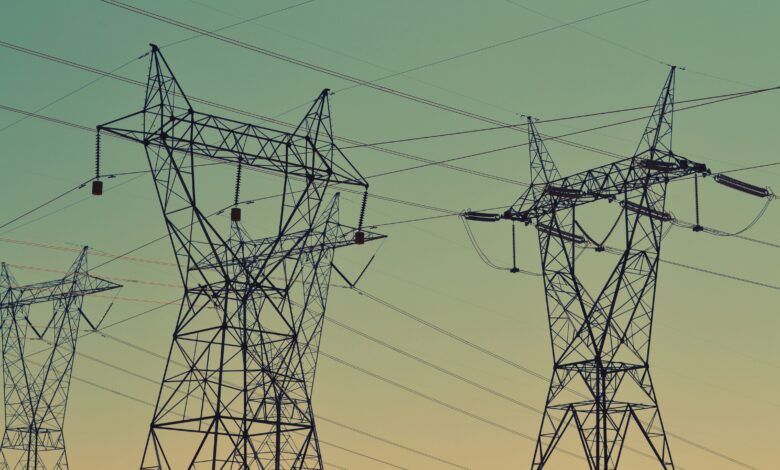How to Reduce Your Gas/Electricity Costs

In today’s world, managing household expenses is more important than ever, and gas and electricity bills can often be significant contributors to monthly expenditures. Fortunately, there are practical steps you can take to lower your gas and electricity costs without sacrificing comfort or convenience. In this blog post, we’ll explore effective strategies to help you reduce your gas and electricity bills and save money over the long term.
- Conduct an Energy Audit: Start by conducting a comprehensive energy audit of your home to identify areas where energy may be wasted. Check for drafts around windows and doors, inspect insulation in attics and crawl spaces, and assess the efficiency of your appliances and HVAC system. By pinpointing areas of inefficiency, you can develop a targeted plan to improve energy efficiency and reduce your gas and electricity usage.
- Invest in Energy-Efficient Appliances: Consider upgrading to energy-efficient appliances that have earned the ENERGY STAR® certification. These appliances are designed to consume less energy while delivering optimal performance. Look for ENERGY STAR® rated refrigerators, washing machines, dishwashers, and HVAC systems to maximize energy savings and lower your utility bills over time.
- Seal Air Leaks and Improve Insulation: Sealing air leaks and improving insulation can significantly reduce heating and cooling costs and improve overall energy efficiency. Caulk and weatherstripping can be used to seal gaps around windows, doors, and other openings, while adding insulation to attics, walls, and crawl spaces can further enhance energy efficiency and comfort. Consider hiring a professional to perform air sealing and insulation upgrades for maximum effectiveness.
- Practice Energy-Efficient Habits: Simple changes in daily habits can lead to significant energy savings over time. Turn off lights and appliances when not in use, use natural lighting whenever possible, and adjust thermostats to optimize comfort while minimizing energy consumption. Additionally, consider using programmable thermostats and smart home devices to automate energy-saving settings and maximize efficiency.
- Optimize Water Heating Efficiency: Water heating can account for a large portion of energy usage in the home. To reduce water heating costs, consider lowering the temperature setting on your water heater, insulating hot water pipes, and installing low-flow fixtures and aerators to reduce water usage. Additionally, consider investing in a high-efficiency water heater or a tankless water heating system for even greater energy savings.
- Explore Renewable Energy Options: Consider supplementing or replacing traditional gas and electricity sources with renewable energy alternatives, such as solar power or geothermal heating and cooling. Installing solar panels on your roof or investing in a community solar project can help offset energy costs and reduce reliance on grid-supplied electricity, leading to long-term savings and environmental benefits.
Conclusion: Lowering your gas and electricity costs is achievable with the right strategies and practices in place. By conducting an energy audit, investing in energy-efficient appliances, sealing air leaks, practicing energy-efficient habits, optimizing water heating efficiency, and exploring renewable energy options, you can take control of your energy usage and reduce your utility bills significantly. With a proactive approach to energy efficiency, you can save money, reduce your carbon footprint, and create a more sustainable future for yourself and future generations.




